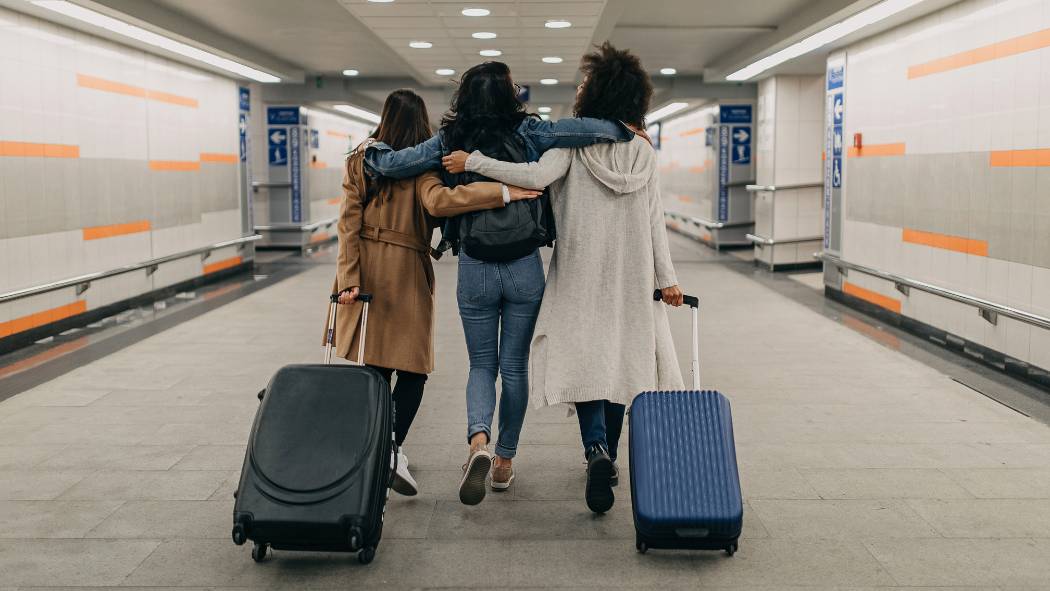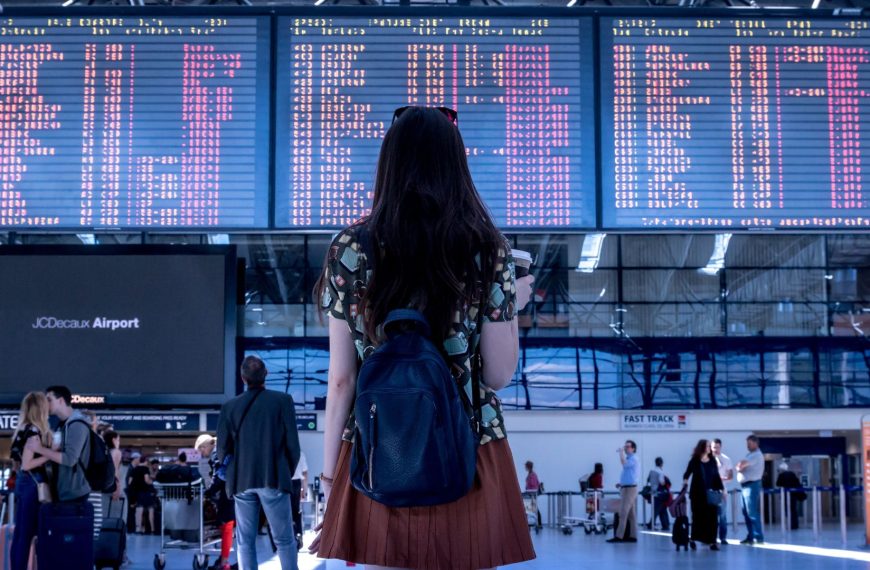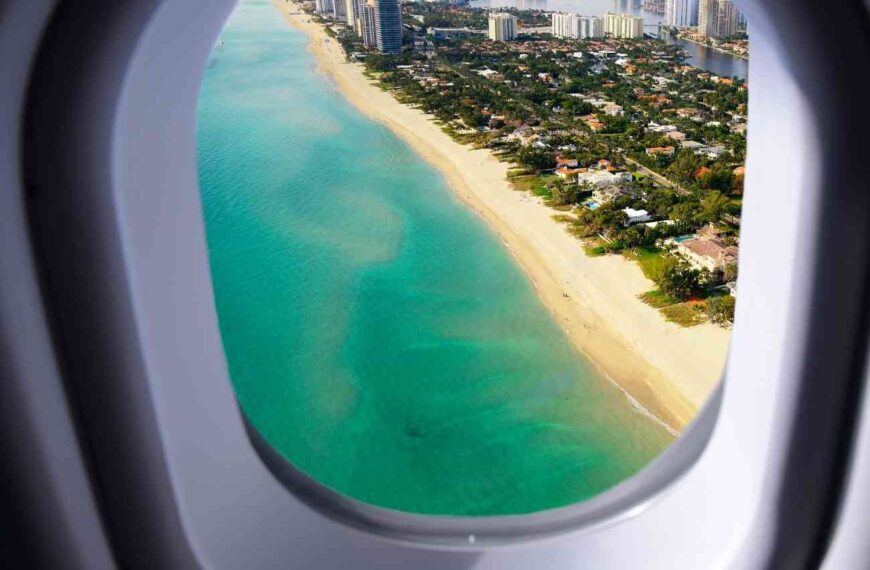Want to travel with friends? Traveling with a friend sounds like a dream—endless adventures, shared memories, and a partner in crime to explore new places.
However, the reality of traveling together can sometimes reveal deep-seated differences that put a strain on even the strongest friendships.
Before you book that plane ticket, you must recognize if you and your friend are compatible travel companions.
Here are 3️⃣ signs that you might want to reconsider your travel plans together.
Disclosure: This article may contain affiliate links, meaning when you make a purchase, I earn a small commission. Affiliate links cost you nothing to use, and help keep my content free. It’s a win-win for us both. For more info, see the Disclosure Policy.
1. Different Travel Styles and Priorities
Different travel styles are among the most common sources of conflict between travel buddies. You might be an early riser who loves a well-planned itinerary, while your friend prefers to sleep in and go with the flow.
Or perhaps you’re all about cultural experiences and museums, while they’re more interested in nightlife and shopping.
❌ When your priorities don’t align, it can lead to frustration and resentment.
🤷♀️Why It Matters
Travel is about enjoying new experiences, but if your idea of a perfect day drastically differs from your friend’s, you might often find yourselves at odds.
These differences can make it challenging to agree on daily plans, leading to compromises that leave both of you unsatisfied.
🤔What to Do
Before committing to a trip together, have an open and honest conversation about your travel expectations. Discuss your ideal day, must-see attractions, and preferred pace.
If your styles don’t match, it might be better to travel separately or choose a destination that offers something for both of you, allowing you to split up for part of the day if necessary.
2. Conflicting Budget Expectations
Money matters can make or break a trip. You might be on a budget, looking for hostels and street food, while your friend prefers luxury hotels and fine dining.
These differences in spending habits can lead to tension, especially if one person feels pressured to spend more than they’re comfortable with.
🤷♀️Why It Matters
Travel expenses add up quickly 🤑🤑, and if you and your partner are not on the same financial page, this can significantly strain your relationship.
Disagreements over money can lead to resentment, especially if one person feels they’re constantly compromising their budget or being judged for their spending choices.
🤔What to Do
Before the trip, discuss your budget in detail. Be upfront about what you’re willing and able to spend on accommodations, meals, and activities.
Consider setting daily spending limits or agreeing on a middle ground that suits your financial situation. If your budgets are too far apart, it might be wise to reconsider the trip or travel with someone whose spending habits are more aligned with your own.
3. Different Approaches to Problem-Solving
Traveling often brings unexpected challenges—missed flights, lost luggage, or sudden changes in plans. How you and your friend handle these situations can reveal a lot about your compatibility as a travel companion.
If one of you quickly panics while the other remains calm and solution-focused, you might clash when things go wrong.
🤷♀️Why It Matters
Stressful situations can bring out the best or worst in people. If you and your friend have different approaches to handling problems, it can increase tension and frustration during the trip.
A lack of communication or differing expectations in resolving issues can make small problems feel much bigger.
🤔What to Do
Reflect on how you and your friend have handled stressful situations. If you’ve noticed that you approach challenges differently, discuss how you’ll manage potential problems during your trip.
Establish a plan for communicating and making decisions if things don’t go as planned.
Final Thoughts: Travelling with Friends
Traveling with a friend can be a wonderful experience, but it’s important to recognize potential red flags before you embark on a trip together.
By being honest about your travel styles, budget expectations, and approaches to problem-solving, you can ensure that your adventure strengthens your friendship rather than straining it.
Remember, a great travel companion is someone who complements your style, not someone who clashes with it.





